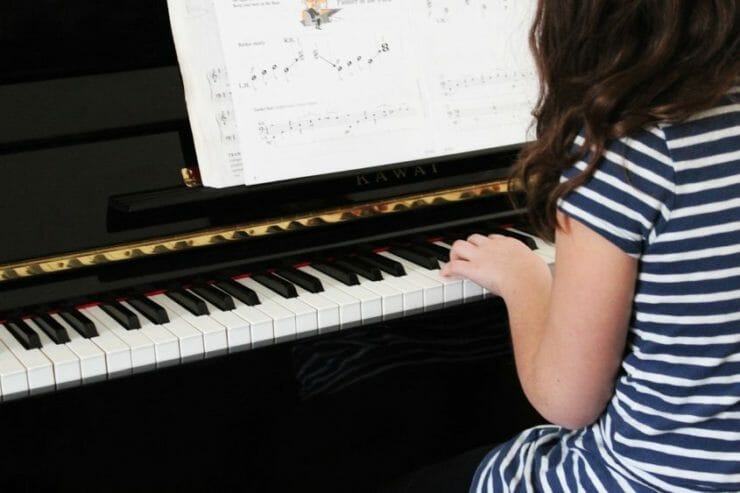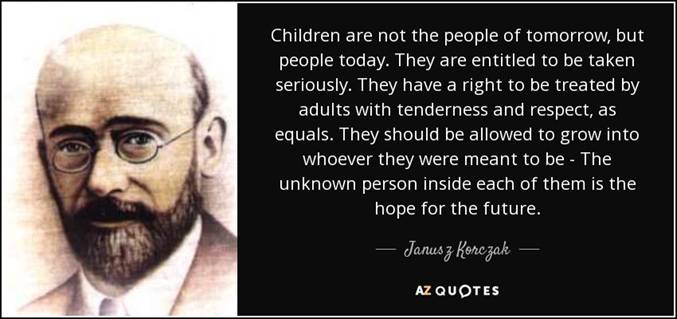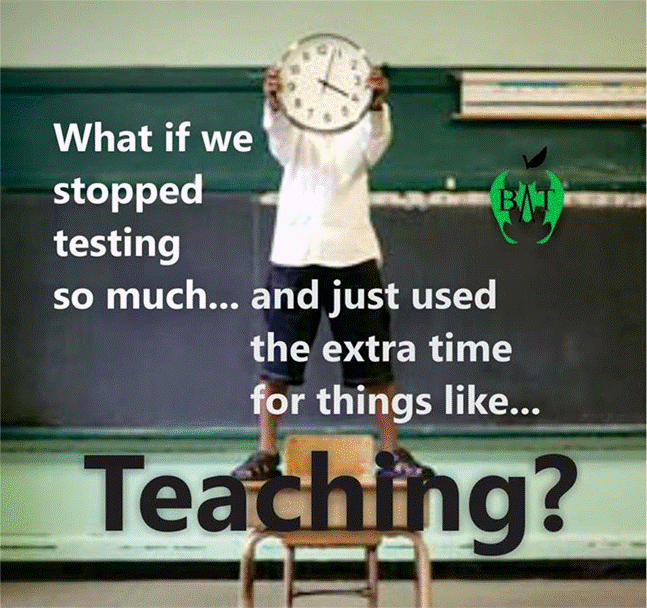
Parents often ask me how to develop kids’ thinking, so that they grow up to be successful and happy. My answer is: ask the right questions.
Beliefs form the boundaries around our thinking. They separate between what we think we can and cannot do. What we believe we can do is within the boundaries of our thinking. We call these “empowering beliefs”. What we think we cannot do is outside the boundaries of our thinking. We call these “limiting beliefs”.
We are all limited in the way we think. Why? Because we do not know what we do not know. Think of the brain as a map we design from the moment we are born. We are exposed to many things and form beliefs that we use to navigate life.
Read How to Develop Kids’ Thinking: Ask the Right Questions »















